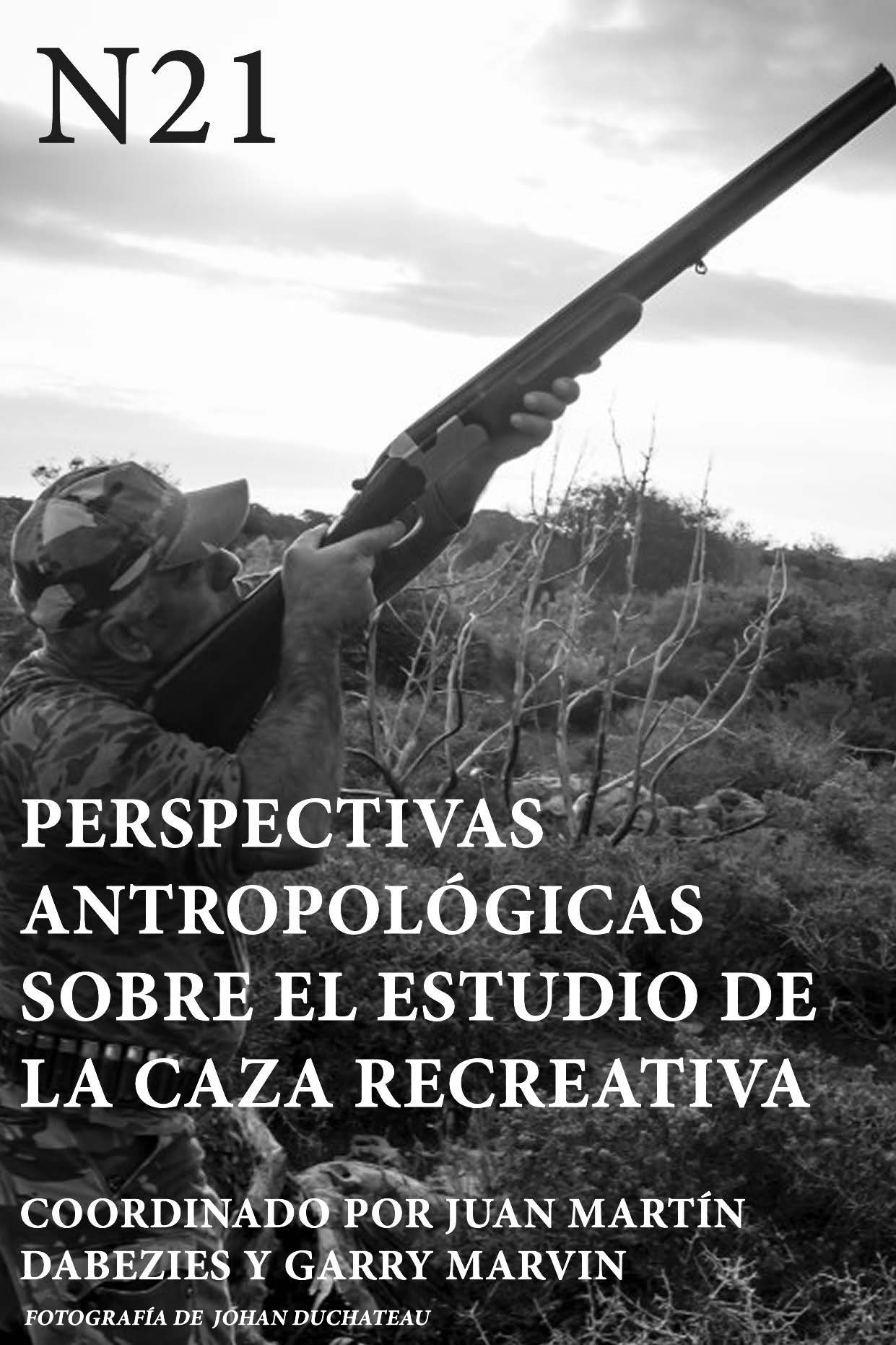Resumen
En este artículo respondo a la pregunta de por qué la gente, en especial los hombres, cazan de forma recreativa. Combino estudios etnográficos y de archivo para explorar las motivaciones personales de los actuales cazadores recreativos en el Norte de Chipre. Continúo con el examen de historias de caza recreativa de diferentes colonizadores de Chipre. En casos pasados y presentes, mi análisis revela que la caza recreativa es una práctica personal que busca la libertad en el contexto de una vida cotidiana enmarcada dentro de una civilización coactiva. Además, se reconoce que la caza recreativa está vinculada con la adquisición de derechos políticos en el periodo de la Ilustración y la extensión de estos a los nuevos ciudadanos libres, particularmente hombres. Con todo, la historia de la caza recreativa la sitúa espacialmente yuxtapuesta a las estructuras fijas de una civilización coactiva, lo que se ve reflejado en las áreas protegidas a día de hoy. Concluyo que la ciudadanía masculina caza de forma recreativa en pos de obtener un breve regusto de la libertad de la que gozan las clases elitistas, lo que demuestra la limitada soberanía que ofrece la condición de ser un ciudadano legal.
Citas
Angrosino, Michael V. (2007) Doing cultural anthropology: Projects for ethnographic data collection. Illinois: Waveland Press.
Artan, Tülay (2008) "A book of kings produced and presented as a treatise on hunting". Muqarnas, 25: 299-330.
Avfed, K. (2011) Research on the profile of hunters 1, 2011. TRNC: TRNC Hunting Federation.
Bernard, H. Russel (2011) Research methods in anthropology: Qualitative and quantitative approaches. US: AltaMira Press.
Betz-Heinemann, Khalil A., and Tzanopoulos, Joseph (2020) "Scarecrows and Scapegoats: The Futility and Power of Cleaning a Landscape". Worldwide Waste: Journal of Interdisciplinary Studies, 3(1): 9, 1-9.
Cartledge, Paul (2004) "Alexander the Great: Hunting for a New Past?" History Today, http://www.historytoday.com/paul-cartledge/alexander-great-hunting-new-past
Classen, Albrecht (2012) Rural Space in the Middle Ages and Early Modern Age: The Spatial Turn in Premodern Studies. Berlin: De Gruyter.
Cobham, Claude D. (1908) Excerpta cypria. Cambridge: Cambridge University Press.
Descola, Philippe, and Pálsson, Gìsli (1996) Nature and society: Anthropological perspectives. Oxford: Routledge.
Dunn, Daisy (2014) "The Roman Hunt: More Than Just a Rite of Passage". History Today, 64(2): 6.
Gamborg, Christian, and Jensen, Frank S. (2017) "Attitudes towards recreational hunting: A quantitative survey of the general public in Denmark". Journal of Outdoor Recreation and Tourism, 17: 20-28.
Graeber, David (2014) Debt: The first 5,000 years. London: Melville House.
Graeber, David, and Wengrow, David (2021) The dawn of everything: A new history of humanity. UK: Allen Lane.
Grove, A. T., and Rackham, Oliver (2003) The nature of Mediterranean Europe: An ecological history. Yale: Yale University Press.
Herman, Daniel Justin (2005) "Hunting Democracy". Montana: The Magazine of Western History, 55(3): 22-33.
Ingold, Tim (1994) Companion encyclopedia of anthropology. Oxford: Routledge.
Ipsos MORI (2021) Understanding the drivers of participation in outdoor recreation in Scotland. Scotland: Scottish Government.
Klemettilä, Hannele (2015) Animals and Hunters in the Late Middle Ages. Oxford: Routledge.
Knoll, Martin (2004) "Hunting in the Eighteenth Century. An Environmental History Perspective". Historical Social Research, 29(3 (109)): 9-36.
Loyn, H. R. (1991) Anglo-Saxon England and the Norman Conquest. London: Longman.
Mair, A. W. (1928) Oppian, Colluthus, Tryphiodorus. London: Heinemann.
Manfredo, Michael J., Driver, B. L., and Tarrant, Michael A. (1996) "Measuring Leisure Motivation: A Meta-Analysis of the Recreation Experience Preference Scales". Journal of Leisure Research, 28(3): 188-213.
Ortega y Gasset, José (2007) Meditations on hunting. Montana: Wilderness Adventures Press.
Sassoon, Siegfried (2013) Memoirs of a fox-hunting man. UK: Penguin Books.
Sweet, W. E. (1987) Sport and recreation in ancient Greece: A sourcebook with translations. Oxford: Oxford University Press.

Esta obra está bajo una licencia internacional Creative Commons Atribución-NoComercial-CompartirIgual 4.0.
Derechos de autor 2021 La Universidad de Sevilla se reserva todos los derechos sobre el contenido de las revistas científicas tuteladas por su editorial. Los respectivos textos no pueden ser utilizados, distribuirse, comercializarse, reproducirse o transmitirse por ningún procedimiento informático, electrónico o mecánico con ánimo de lucro, directo o indirecto, ni tampoco incluirse en repositorios ajenos, sin permiso escrito de la Editorial Universidad de Sevilla. La distribución de estas obras derivadas se debe hacer con una licencia igual a la que regula la obra original y podrán ser usados y citados para fines científicos y referenciados con transformación para usos académicos, indicándose en todo caso la autoría y fuente, pudiendo para ello remitir al correspondiente enlace URL de Internet

